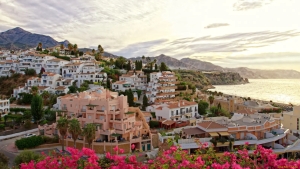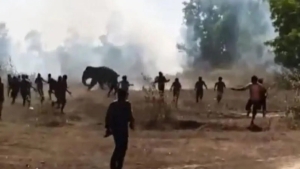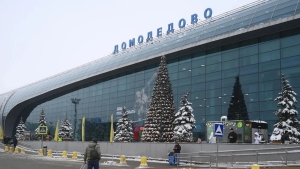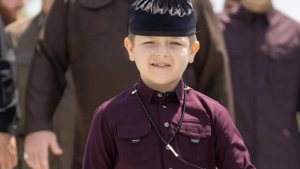Military takes power in Madagascar
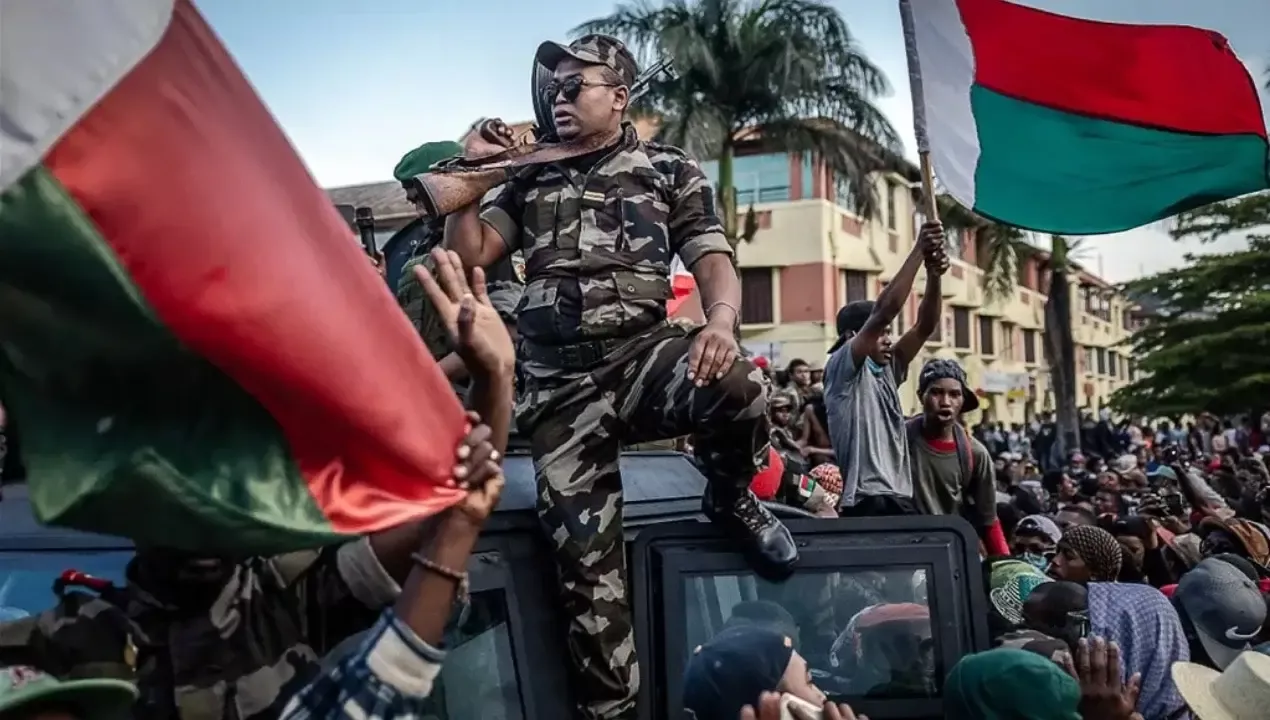
Mass protests lasting more than three weeks in Madagascar ended with a political revolution in the country. This was reported by Zamin.uz.
President Andry Rajoelina has left the country, and power has passed into the hands of the army. On October 14, Colonel Michael Randrianirina, head of the elite military unit CAPSAT, made a televised statement announcing, “We have taken power.”
According to him, the military has temporarily suspended the activities of the Senate, the Constitutional Court, and the Election Commission. At the same time, the lower house of parliament — the National Assembly — continues to operate for now.
Interestingly, a few minutes before the military’s statement, deputies voted to remove Rajoelina from office through impeachment. However, the legality of this decision is in doubt, as the president had at that time issued a decree dissolving parliament.
Rajoelina left the country on Monday. In his address, he stated that his life was in danger and emphasized that he would not allow Madagascar to be destroyed.
According to Reuters, he was evacuated from the country on a French military plane with the consent of French President Emmanuel Macron. France is Madagascar’s former colonial power, and the island gained independence in 1960.
Commenting on the events in Madagascar, Macron said, “France understands the youth’s discontent, but the military should not exploit this situation for political purposes.” Paris has announced that it does not intend to intervene directly in the events at this time.
Protests in Madagascar began on September 25. Initially, the main cause was the population’s dissatisfaction with prolonged electricity and water shortages.
Later, the demands took on a political character, calling for the resignation of the government and the president. The president had previously dismissed the government and expressed readiness to engage in dialogue with the protesters.
He also promised to voluntarily leave office if the outages in the capital Antananarivo were not resolved within a month. However, these steps did not lead to peace.
According to the United Nations, 22 people died during the forceful dispersal of the protests, while official data confirms the deaths of 12 protesters. The escalation of events was partly due to the CAPSAT elite unit siding with the protesters.
They refused to follow government orders and called on other military units to do the same. It is worth noting that this very CAPSAT unit also brought Andry Rajoelina to power in 2008.
Today, Madagascar is considered one of the poorest countries in the world. Three-quarters of the population live below the poverty line, and the average annual income does not exceed 600 dollars.
International analysts believe that the events in Madagascar were inspired by the recent “Generation Z protests” led by youth in Nepal, Morocco, and Indonesia. These movements arose due to problems such as social media restrictions and unemployment, with their main slogan being justice and equality of opportunity.
The protests in Madagascar demonstrate not only the need for economic but also political reforms. This situation requires serious measures to ensure political stability and social justice in the country.


